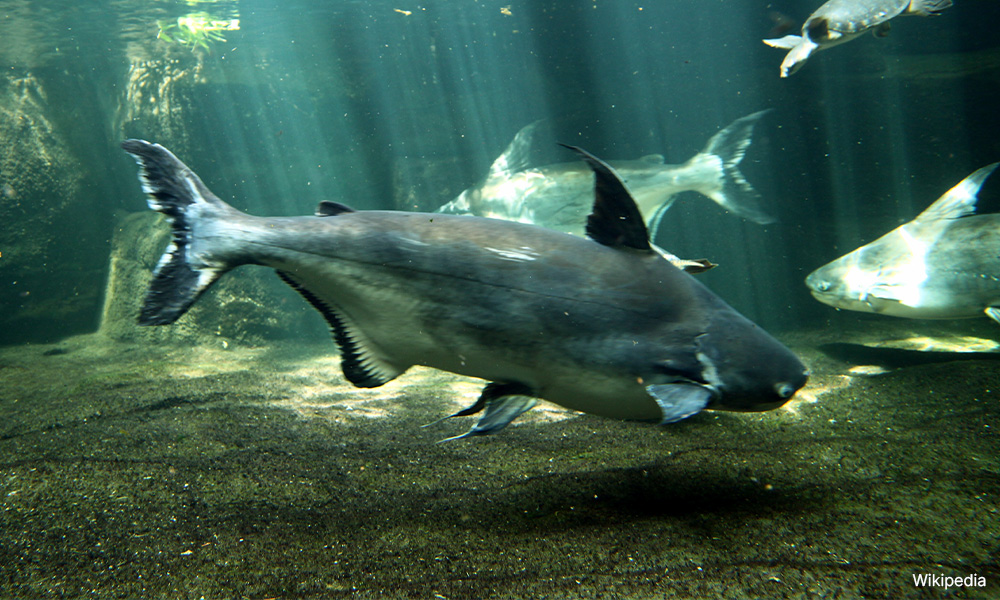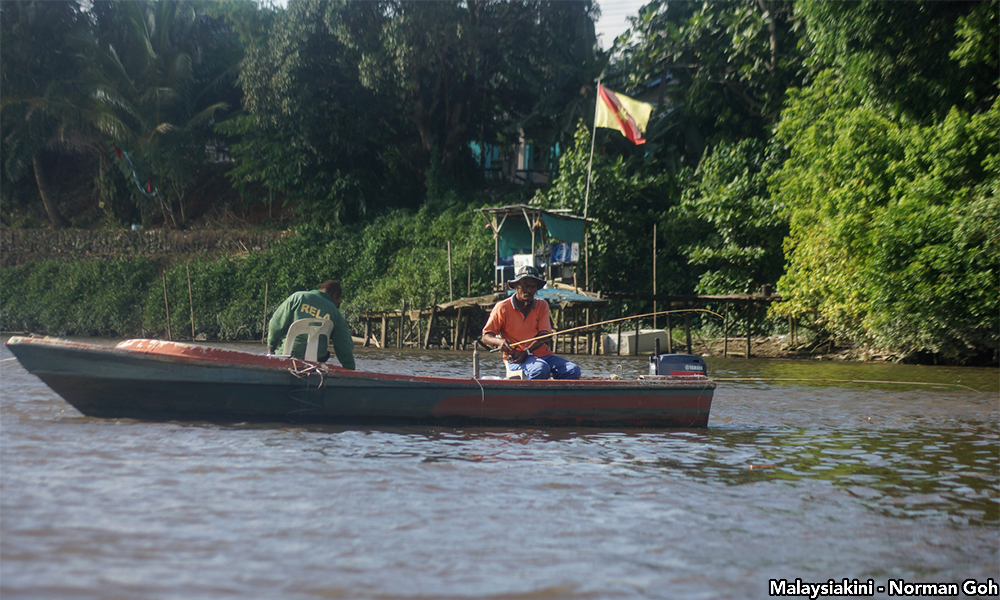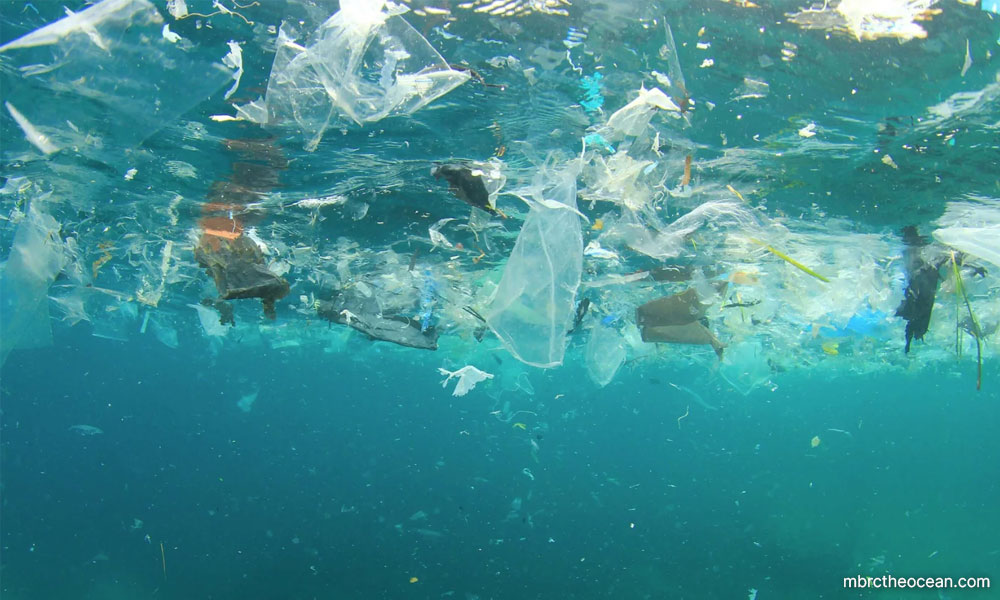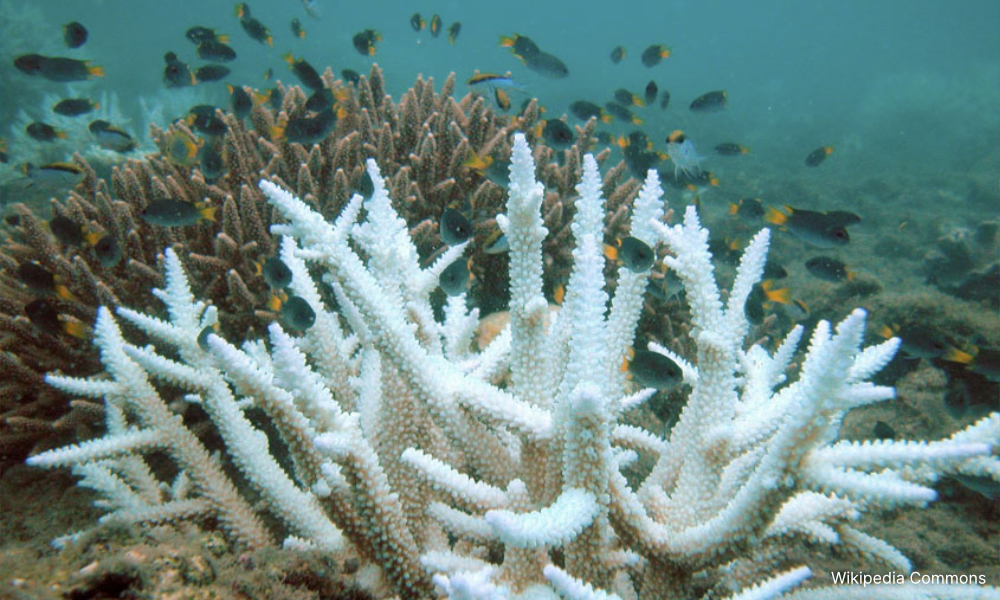The irresponsible action by the Selayang Parliamentary Office in releasing invasive fish into Tasik Biru, Kundang last Saturday, solely to facilitate a fishing competition, was widely reported by local media.
This incident has raised concerns that the released invasive fish could potentially cross into river systems and eventually reach the ocean or marine ecosystems, posing a serious threat to broader environmental sustainability.
In the case of shutting the stable door after the horse has bolted, the Malaysian Fisheries Department only issued an official statement that nets would be installed at the lake’s exit routes after social media posts about the release of Chao Phraya catfish (Pangasius sanitwongsei), an invasive predatory fish species, went viral.
The competition proceeded with the attendance of the MP, suggesting that the issue was trivialised in favour of organising the event.
This issue should not be taken lightly; proactive measures are necessary to ensure that not only does this incident not recur, but also to prevent the released fish from escaping into public waters and disrupting the marine ecosystem as a whole.
Once out of control, the problem will become increasingly difficult to manage if not addressed immediately.
Deep impact on aquatic ecosystems
Invasive fish refer to fish species that are not native to an ecosystem and have the capability to disrupt or dominate the new habitats they enter.
The impact of invasive fish on aquatic ecosystems is deeply concerning. These fish are often more aggressive and adaptive than local species, leading to unfair competition and eventual domination over natural resources such as food and habitat space.
This not only threatens local fish species but can also disrupt existing food chains, alter ecosystem dynamics, and degrade water quality. Furthermore, invasive fish can introduce new diseases and parasites to which local species have no immunity or resistance, accelerating the mortality rate of native species.
This situation also has a domino effect on local fishing industries, which rely on the health of ecosystems and biological diversity for their economic sustainability.

Poor law enforcement
In Malaysia, the issue of releasing invasive fish into public waters is addressed through strict laws and regulations, such as the Fisheries Act 1985, which prohibits the release of foreign fish species without permission, with heavy penalties for individuals or entities that violate these regulations.
However, the effectiveness of enforcing these laws is often questioned due to the lack of human and logistical resources for continuous monitoring. What is the meaning of the law if its enforcement is weak?
We frequently see cases where such violations are not taken seriously or only incur light penalties, signalling to violators that their actions have no significant consequences. This legal perspective aims to protect local aquatic biodiversity and maintain ecosystem balance, but in reality, more robust efforts are needed to ensure effective enforcement.
On the other hand, the organisers of the fishing competition cannot be entirely blamed because Malaysia, as a maritime country, still lacks a comprehensive policy on water issues, particularly marine and maritime.
Without concrete guidelines and regulations, activities such as the release of invasive fish for a fishing competition can have serious ecological impacts.
The uncontrolled release of invasive fish can threaten local biodiversity and damage existing ecosystems, making conservation efforts more challenging and costly. Therefore, the authorities must formulate and implement comprehensive policies to protect our aquatic ecosystems.
Critical role of research institutions
Moreover, it is disappointing to see that no academic or research institution has yet spoken out on this issue. These institutions should be at the forefront of research and dissemination of information on serious ecological threats like this. This indicates a worrying gap in the delivery of knowledge and awareness to the general public.
With the facilities and expertise available, educational and research institutions should play a larger role in leading public education initiatives and proposing more effective policies to address critical environmental issues, particularly those concerning water, such as the issue of invasive fish.

The gap between policy and society is one of the main causes of the inefficiency in policy implementation in this country. Often, policies are not accompanied by sufficient awareness campaigns, leading to the public not understanding the importance or implications of their actions on ecosystems.
It is essential to integrate a comprehensive educational approach with law enforcement to ensure maximum effectiveness.
More broadly, our country also faces issues of marine pollution, overfishing, and the destruction of marine habitats such as coral reefs and mangrove forests.
Marine pollution and climate change
Malaysia ranks third among the world’s major marine polluters, significantly contributing to plastic waste in the oceans. Plastic pollution, in particular, has become a significant threat to marine life, with microplastics found in the stomachs of fish and other marine creatures eventually entering our food chain.
Awareness and proactive measures are needed to address all these issues comprehensively. Our country, rich in marine resources, must be protected through firm policies and coordinated actions to ensure the well-being of marine ecosystems and the human lives that depend on them.
Recently, the media reported that Malaysia ranks highest among 109 countries in the discovery of microplastics, and more alarmingly, over 50 percent of these microplastics originate from the consumption of seafood such as fish.

Alongside the ongoing issue of plastic pollution, which seems never-ending, akin to digging an endless hole in the country, there is also the widespread bleaching of coral reefs globally due to rising sea surface temperatures.
Malaysia is undoubtedly not exempt from this phenomenon, as our country is part of the Coral Triangle, one of the largest coral reef areas in the world.
This event is also said to be one of the worst to hit Malaysia’s coral reef ecosystems and is expected to become more frequent in the coming years due to climate change.
Malaysian waters also hold significant economic importance. Citing a report by the Economic Research Institute for Asean and East Asia, a substantial portion of Malaysia’s GDP is contributed by the blue economy (economic activities associated with the oceans and seas).
Billions of ringgit are contributed by the fisheries sector to the national income each year, providing a vital source of protein for Malaysians.
Additionally, our waters play a crucial role in global maritime trade, with major ports like Port Klang and Tanjung Pelepas Port serving as trade hubs connecting Southeast Asia with the rest of the world.
The ocean is no longer just about fish and ships. The rapidly growing aquaculture industry offers job opportunities and boosts the local economy, so as the potential hydrocarbon resources on the seabed and the tourism potential of marine activities, including diving and ecotourism, add further economic value that can be derived from our waters.
Therefore, the protection and sustainable management of marine ecosystems are critical to ensuring the country’s economic sustainability and the well-being of its people.
What is disappointing and worrying is that to date, we still do not have a comprehensive national plan for managing and monitoring marine resources.
This also provides more reasons to establish a dedicated ministry for the management of the country’s waters, including marine and maritime issues.
Dedicated ministry
Calls for the establishment of a specific ministry are not new and have been repeatedly recommended by experts in the country due to issues such as overlapping jurisdictions among government agencies leading to inefficiency and confusion in policy or initiative implementation, the absence of centralised management, and the lack of data and technical expertise.
In Asian countries like Indonesia and South Korea, these dedicated ministries already exist and play roles in managing maritime logistics systems, sustainable ocean management, achieving maritime security, and prospering fishing communities.
The establishment of a dedicated ministry responsible for marine and maritime affairs is a critical step that should be taken.
This ministry will ensure that all aspects related to the country’s waters, including fisheries, marine biodiversity conservation, pollution management, and maritime security, are managed more systematically and comprehensively.
This ministry can also serve as a coordination centre for all agencies involved in marine management, ensuring no task overlaps and resources are used efficiently.

Establishing a dedicated ministry for marine and maritime affairs will also be an important step in ensuring Malaysia’s waters remain productive and resilient. Furthermore, marine policies can be formulated and implemented more effectively, ensuring the sustainability of a healthy and sustainable marine ecosystem for future generations.
A healthy marine ecosystem is not only crucial for the environment but also critical for the economy and social well-being of Malaysians.
To overcome and prevent ongoing issues, the Madani government can take several proactive steps such as:
1. Establishing a comprehensive policy covering all aspects of marine management and protection, including controlling invasive species, pollution management, and conserving critical habitats such as coral reefs and mangroves.
2. Strengthening the enforcement of existing laws by increasing the resources and capabilities of enforcement agencies, ensuring that penalties are severe enough to deter violations, and implementing continuous monitoring and research programmes to assess the condition of marine ecosystems, identify new threats, and evaluate the effectiveness of measures taken.
3. Enhancing cooperation among government agencies, research institutions, the private sector, and NGOs to ensure an integrated and effective approach to managing marine issues.
4. Encouraging educational and research institutions to play a more active role not only in educating future generations and conducting research activities but also in being a voice that expresses professional and non-partisan opinions on marine issues. These institutions need to be involved in information dissemination, policy advocacy, and providing evidence-based guidance from scientific studies to policymakers.
5. Establishing a dedicated ministry to ensure that all aspects related to the country’s waters, including fisheries, marine biodiversity conservation, pollution management, and maritime security, are managed more systematically and comprehensively.
What is the price of Malaysian waters? Its priceless ecological value and direct impact on the economy and public well-being should not be neglected. Firm measures and effective cooperation must be taken before we pay a higher price for today’s mistakes. - Mkini
MOGESH SABABATHY is a youth climate advocate and a national consultative panel member of the Natural Resources and Environmental Sustainability Ministry.
The views expressed here are those of the author/contributor and do not necessarily represent the views of MMKtT.




No comments:
Post a Comment
Note: Only a member of this blog may post a comment.